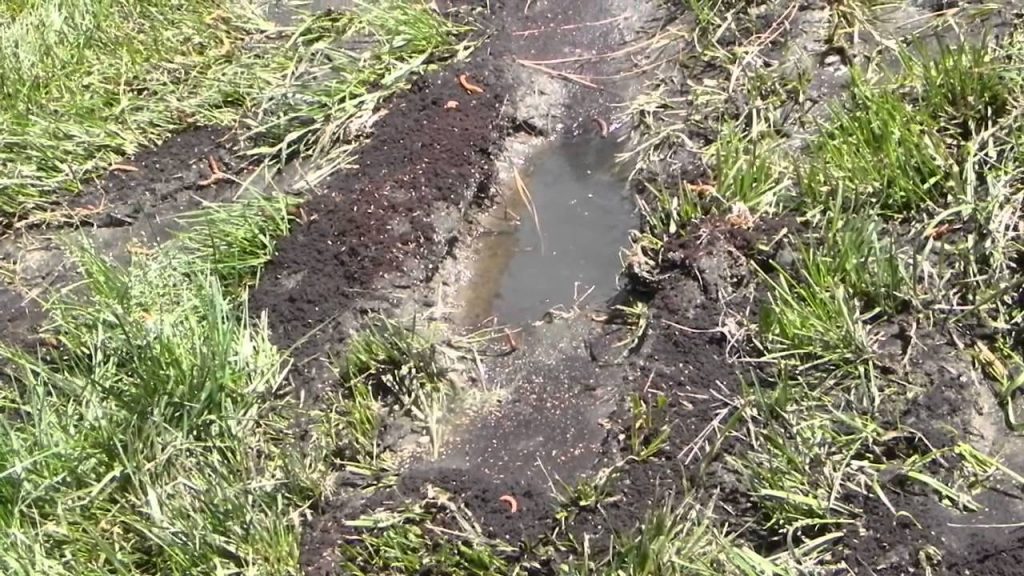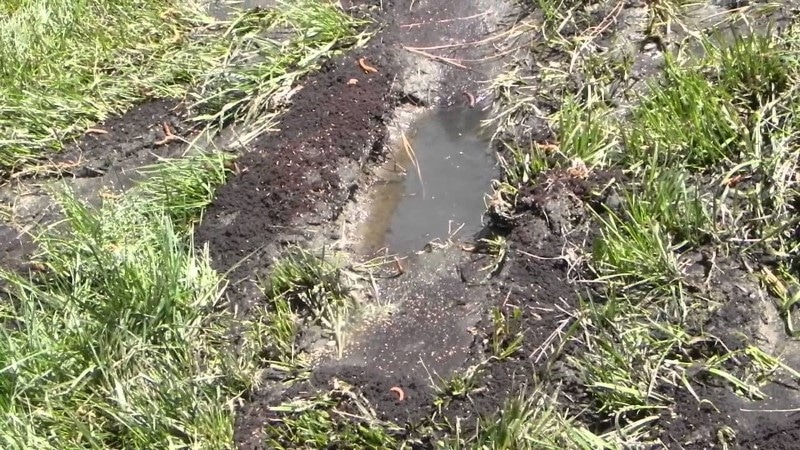
When you have hard water, you take a long time to finish your cleaning chores. You even use so much soap and water. Because of this, you spend more on soap and your water bill because you repeat the washings. Since you use more water, you add to the septic’s water load. If the septic system had increased water load, the solid waste materials will not be broken down by the resident bacteria quickly. Their degradation will be delayed. The particles will just float around in the tank until they are pushed into the leach field. They then clog the leach field and inevitably, the entire system. To have usable water, you have to use water softeners. With softened water, you will be able to save a lot on water, soap, time, and money. Water softeners have sodium carbonate or salt. It is a compound that is used as a preservative to eliminate bacteria in organic substances so that they could last longer. It is known that freshwater organisms die off when they are placed in a saltwater environment. In the case of bacteria, the septic system is technically a freshwater environment. When water softeners are used, salt is incorporated into the system. The salt accumulates especially if water softeners are used frequently. Knowing how salt can clog a leach field will help you realize that you should use water softeners properly. Too much of it will negatively affect your leach field.
The isotonic environment in the septic system is then altered. It becomes hypertonic. This means that the salt that surrounds the bacteria draws out the fluids from their bodies. Without fluids inside bacteria, they won’t be able to perform their functions. They will die off. Bacteria will shrink and die once the salt that surrounds them steals their moisture. To correct this, you have to talk to your septic expert. Septic experts could apply additives that help your septic system function properly even if you use water softeners all the time. They will definitely make your leach field last for a very long time.
You can help your leach field remain unblocked by adhering to the pump out schedule that you have established with your septic expert. Regular pump outs will remove any accumulated salt in your septic. It will give your septic opportunities to reset and renew the bacterial environment. You should also stop using harsh cleaners. These chemicals are strong enough to kill bacteria. When they are killed off by the soap and the salt, there will be no wastewater treatment at all. Choose eco-friendly cleaners that will not harm bacteria while the hard water is being treated. Salt is already present and when in excess, they will kill off the bacteria. With environment friendly cleaners, you will not eliminate more bacteria. Salt doesn’t have to be harmful to your leach field. It should only be used sometimes so that not a lot of salt will affect the residential bacteria. If you have a well installed and well maintained leach field, water softeners will not negatively affect it at all. It would also be best to communicate your septic plans with you septic expert so that the proper steps could be considered and performed.
